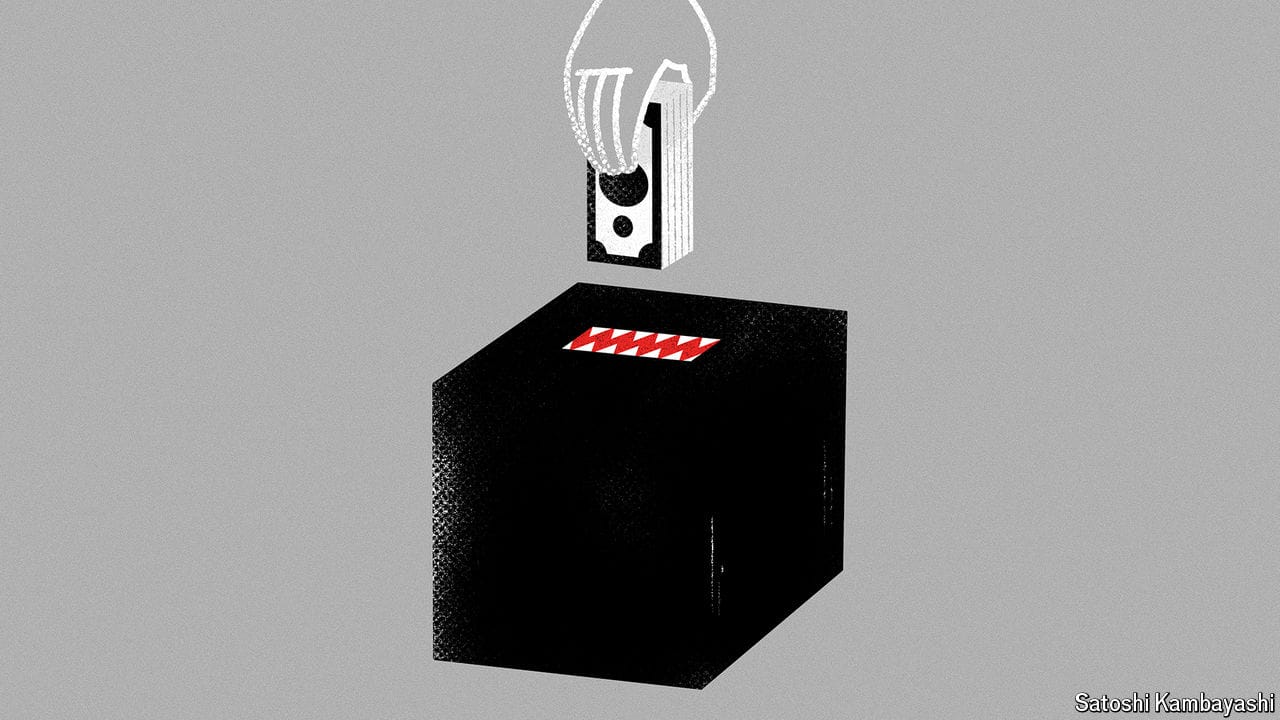Economists understand little about the causes of growth
The first in a series of columns on the profession’s shortcomings

OVER the past decade economists have been intensely scrutinised for their intellectual failings in the run-up to the 2007-08 financial crisis. Yet had the recession that followed been more severe—wiping a quarter off the GDP of every advanced economy, say—those countries would still have ended up four times as rich per person, in purchasing-power terms, as developing countries are now, and more than ten times as rich as sub-Saharan ones. Robert Lucas, a Nobel prizewinning economist, once wrote that after you have started to think about the gap between poor and rich countries it is hard to think about anything else. Economists understand even less about economic growth than about business cycles. But the profession has done too little to address this failure or to understand its implications.
This article appeared in the Finance & economics section of the print edition under the headline “Root and branch”
Finance & economics April 14th 2018
- The proxy-voting season kicks off on Wall Street
- The outlook for US government debt
- Catching the bitcoin bug
- American sanctions, and fears over Syria, roil Russian markets
- Deutsche Bank gets a new chief executive
- How developing countries weave social safety nets
- Indian states squabble over how to share out federal cash
- America’s gripes with China make a deal hard to imagine
More from Finance and economics

China’s last boomtowns show rapid growth is still possible
All it takes is for the state to work with the market

What the war on tourism gets wrong
Visitors are a boon, if managed wisely

Why investors are unwise to bet on elections
Turning a profit from political news is a lot harder than it looks
Revisiting the work of Donald Harris, father of Kamala
The combative Marxist economist focused on questions related to growth
Donald Trump wants a weaker dollar. What are his options?
All come with their own drawbacks
Why is Xi Jinping building secret commodity stockpiles?
Vast new holdings of grain, natural gas and oil suggest trouble ahead
